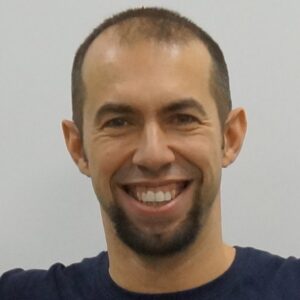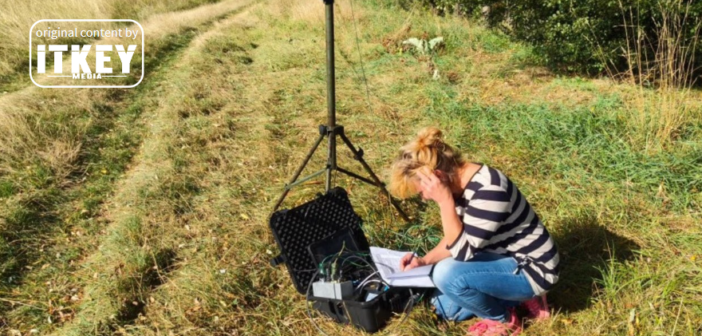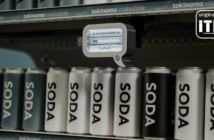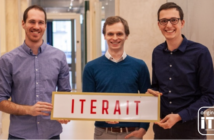- RCam is the new startup by Recoshelf founder Yaroslav Parkhisenko
- The new startup focuses on military surveillance
- Brave1’s injection of USD 25K will facilitate RCam’s R&D
This August, Ukrainian-Polish battlefield surveillance camera manufacturer RCam received USD 25K of funding from Brave1 – the Ukrainian government-sponsored fund that specializes in investing in local defense tech solutions.
Helping Ukraine from Poland
Yaroslav Parkhisenko is a serial Ukrainian entrepreneur whom ITKeyMedia readers remember by his startup Recoshelf – the shop surveillance solution provider. He tells ITKeyMedia that the company and its management had to relocate to Poland following negotiations with Silicon Valley investors who had been wary about the possibility of Russia’s full-on aggression against Ukraine and insisted on the relocation.
Sadly, these investors’ pessimistic expectations turned out to be right, Russia’s aggression escalated, and Mr Parkhisenko was in Poland at the time. ‘We started RCam in 2022 to help our friends at the frontline with surveillance and battlefield observation from the trenches, given active shelling and the high risk of manual work. The key challenge we’ve faced was the lack of requirements that address army needs in general, not just for our unit in particular. So we have invited other people to help with it,’ he recalls.
Stealth Surveillance with Durable Hardware
RCam’s tactical-level camera is designed to monitor the battlefield under the influence of artillery and FPV drones, detecting and coordinating moving objects using object type recognition. It consists of a camera, processor, tablet, and battery and is almost invisible to the enemy.
‘Almost invisible’ means the it can’t be detected visually or electronically in ten meters because it is small and doesn’t emit any radio waves. We tried thermal vision, and asked friends to find it in the bushes – and they couldn’t. But more importantly, our military friends confirmed our stealth level as acceptable,’ Mr Parkhisenko comments.

Yaroslav Parkhisenko, Founder of RCam
The camera detects target movement and coordinates using optics and thermal imaging, the camera image is displayed on the corresponding tablet, and AI monitors enemy movement. The overall visibility is up to 1 km, and the AI sees up to 500 m far. The device endures up to 70 °C, a drop from 3 m, and heavy rain. If destroyed, it can be replaced in 30 seconds.
The processor unit is hidden in the ground for secrecy and can operate under extreme air temperature. The operator can zoom in or out, change the palette of the thermal image, and determine which targets to display. To facilitate rapid decision-making, RCam can transmit processed data autonomously, including target locations and classifications, to higher command without operator intervention.
Focus on Innovation before Scaling
As of now, RCam’s equipment is manufactured in Ukraine, but nearly unlimited amounts of product can be produced in EU countries in case of appropriate interest. Mr Parkhisenko admits that the company prefers to focus on core business: building innovation, not commodity.
It is important to point out that RCam’s hardware and AI models were developed 100% anew and not recycled from Recoshelf’s solution, but the team used the accumulated experience to resolve some challenges, which admittedly saved them tons of hours.
It is this experience that Brave1 found particularly convincing. RCam will invest the newly procured USD 25K in product improvement according to feedback from the frontline and the company’s roadmap. According to the team, the government-funded investor doesn’t restrict RCam’s R&D activities in any way, and the projects get facilitated according to the framework of ‘acceptable expense’ as specified in the appropriate documents and regulations.
‘We plan to raise a new round soon, but we need to do our homework, prepare an improved product and close agreements with partners to build something more valuable than the ISR camera,’ Mr Parkhisenko shares.

Kostiantyn is a freelance writer from Crimea but based in Lviv. He loves writing about IT and high tech because those topics are always upbeat and he’s an inherent optimist!





